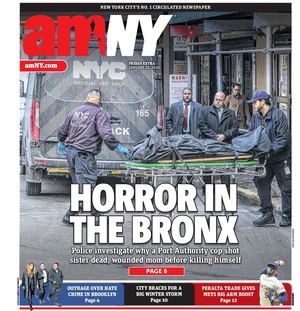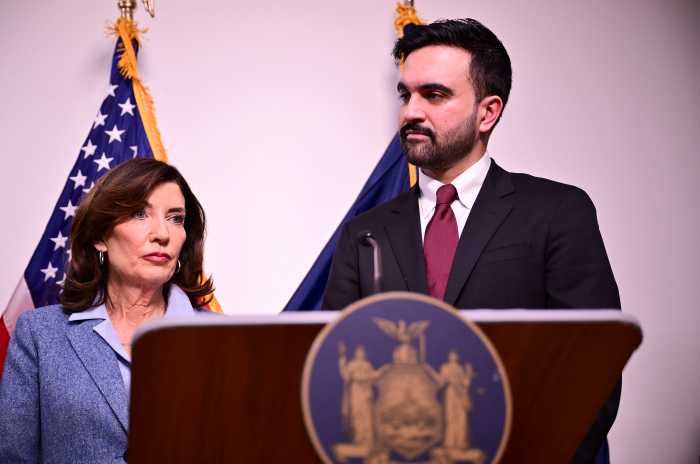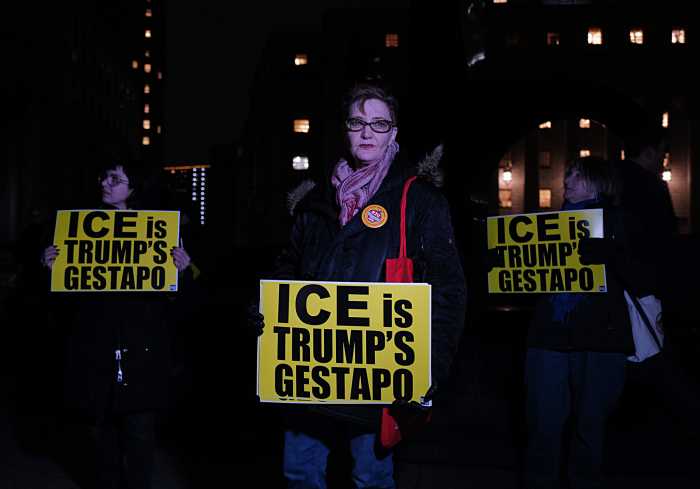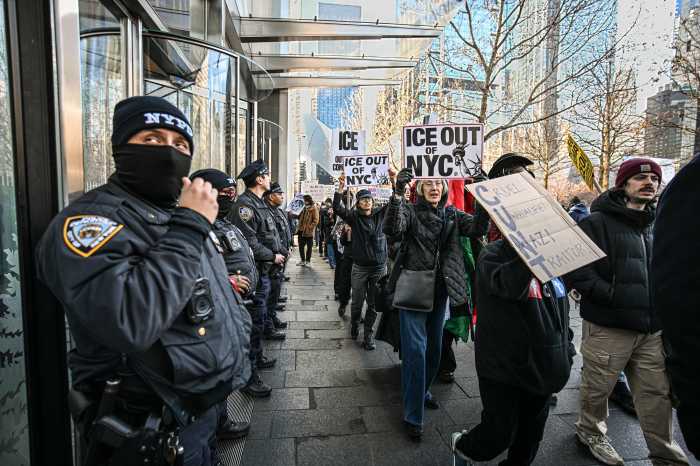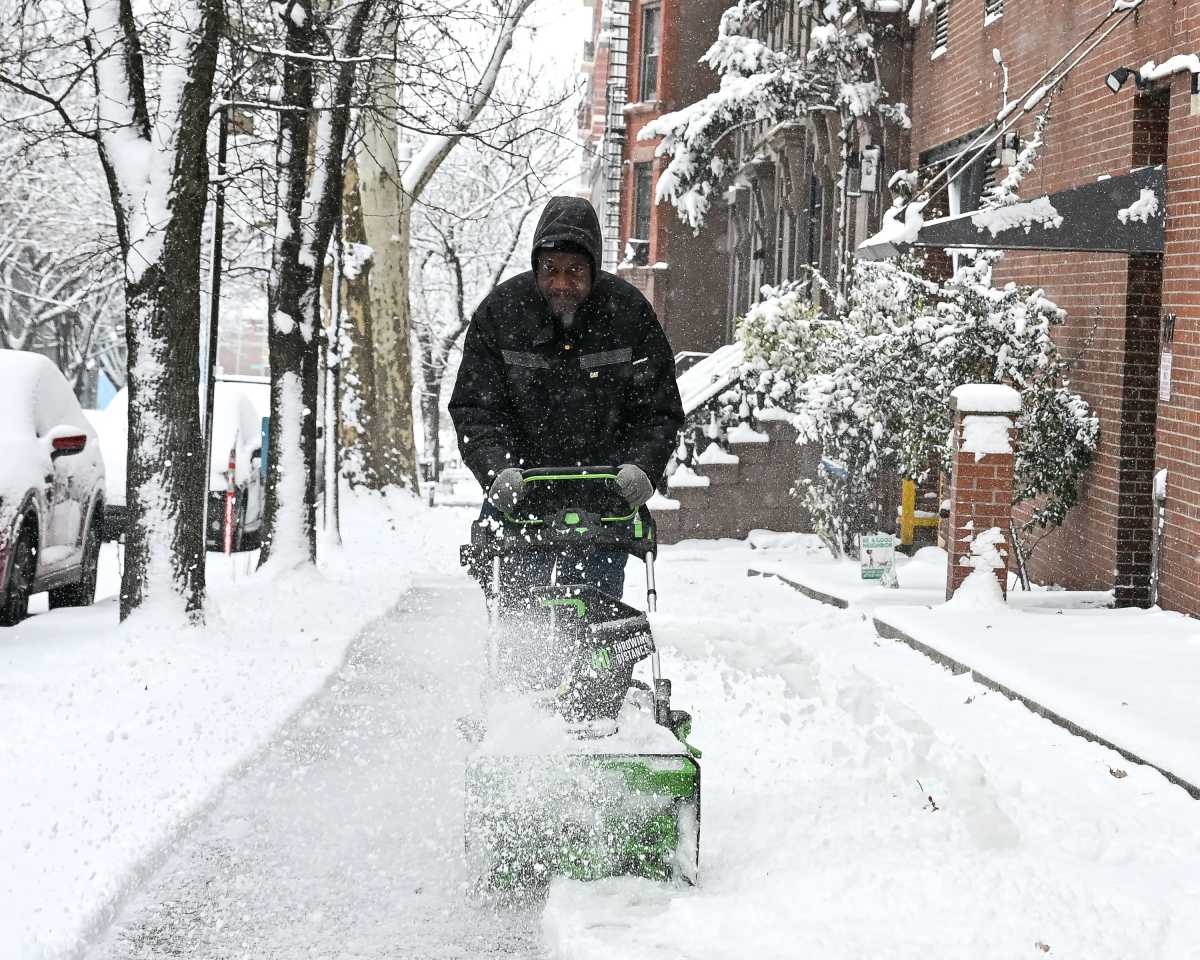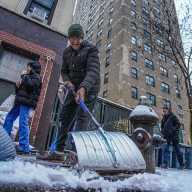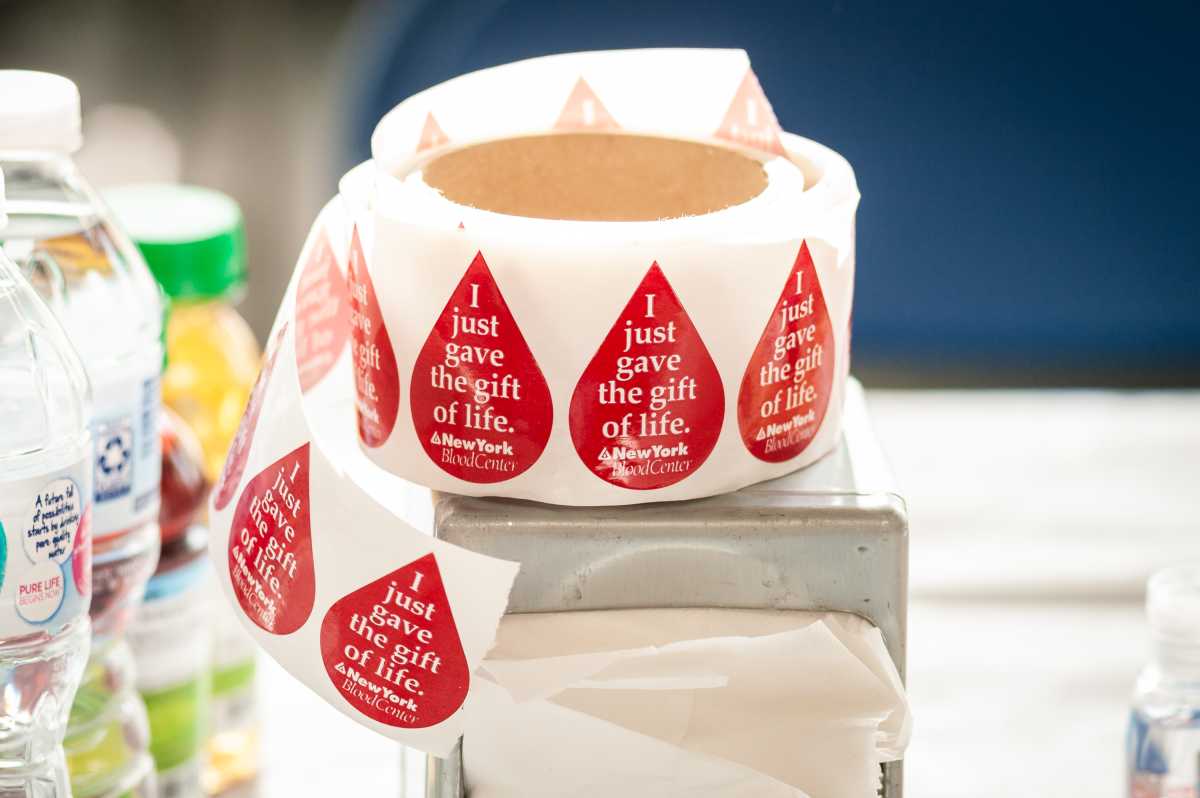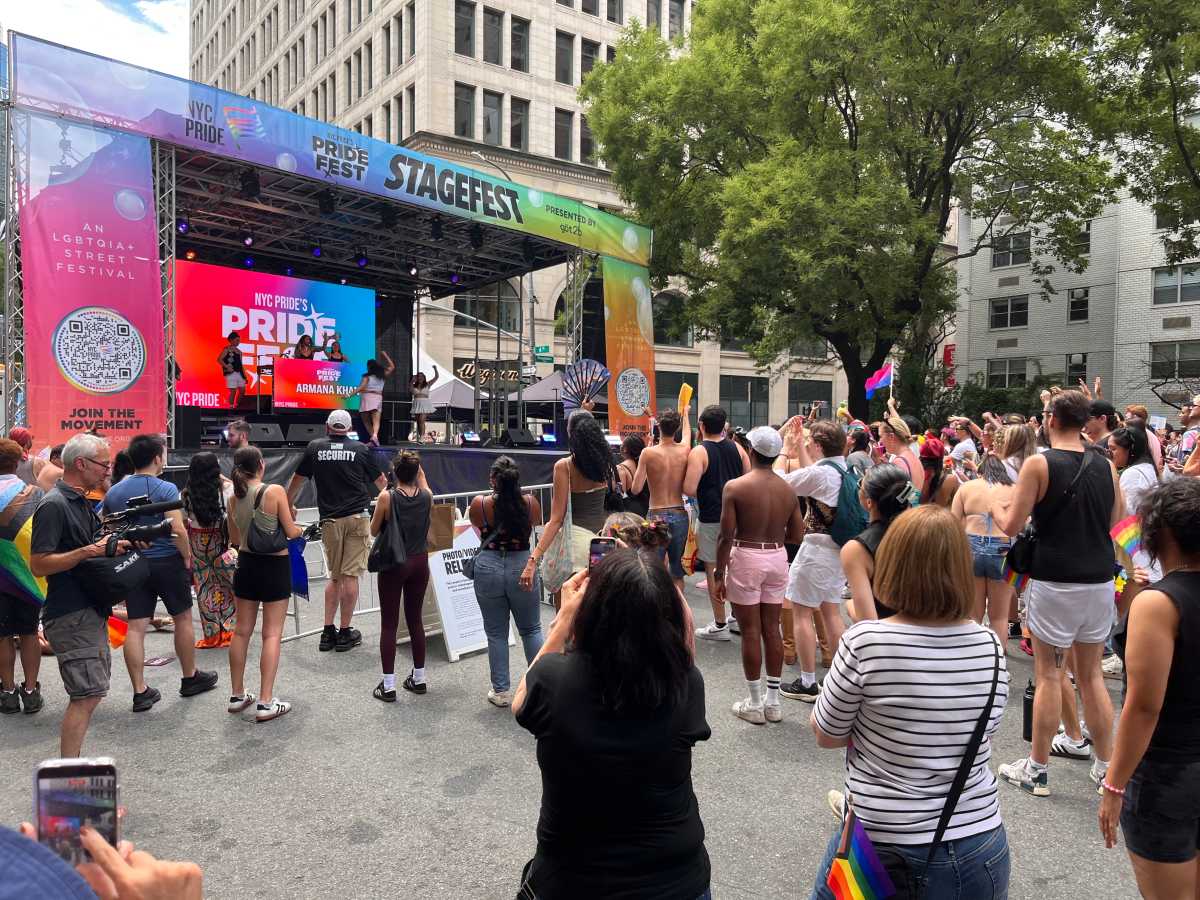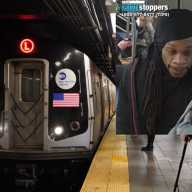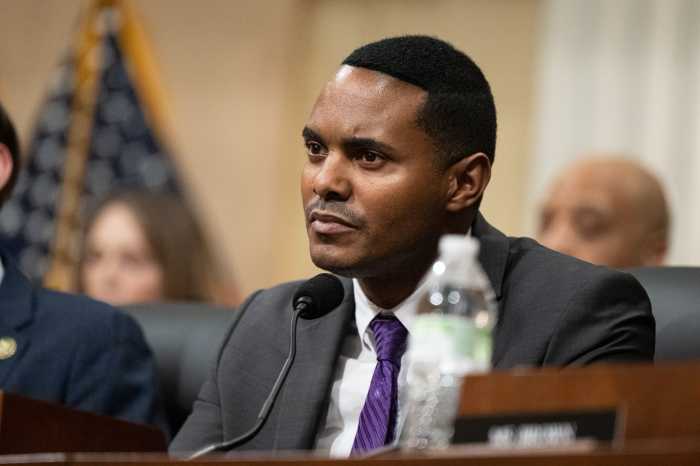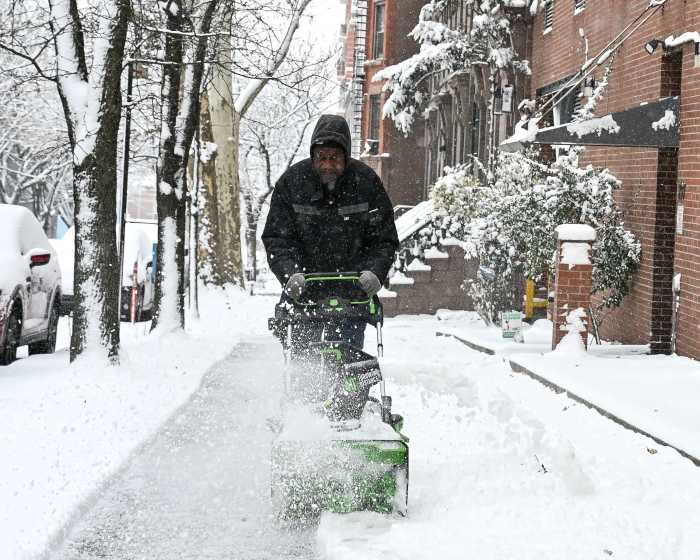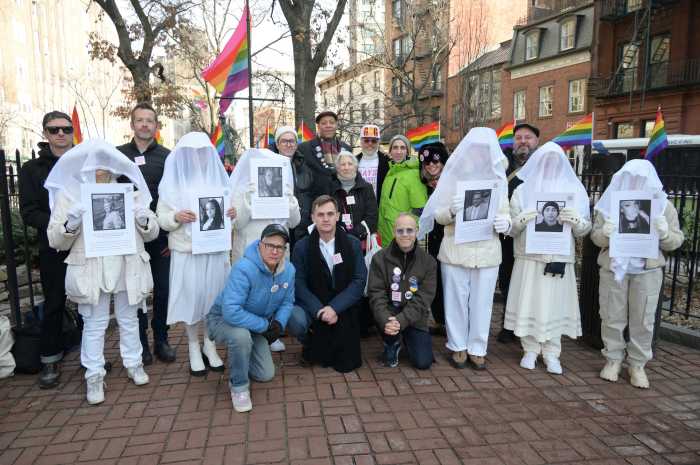
It’s no mystery why Mayor Bill de Blasio has promised a “total reset” on the New York City Housing Authority’s maintenance and operations policies. The default settings during much of the Bloomberg reign were disastrous.
Not too long ago NYCHA’s 400,000 residents had to wait an average of 282 days to get a routine work order completed. That’s insane if you’ve got a toilet that leaks or a loose window-casing that makes the place an igloo.
But now de Blasio has his own broken-windows theory. It goes like this: When a glass pane is cracked, just fix it now. Same for busted elevators and persistent mold.
The mayor last week named the dynamic Shola Olatoye — head of an affordable-housing nonprofit in the city — to chair NYCHA’s board. Her mission is to chip away every trace of NYCHA lethargy and aggressively manage its crucial empire of 178,000 apartments and 12,000 workers.
She must restore aging apartments, make the housing stock more environmentally sustainable, and restore trust — badly eroded — that tenants once had in the agency.
The mayor also reappointed Cecil House as NYCHA’s general manager — another smart move. In the job since 2012, the average work-order wait is now 10 days. It’s a great victory, but 24 hours would be even better.
The deal-breaker for de Blasio’s team is money. The mayor must find new ways to finance NYCHA without relaying on the strong federal aid that once sustained it.
Mayor Michael Bloomberg suggested leasing NYCHA land — used for parking lots or small parks — as sites for luxury housing that could help underwrite public housing.
As a business proposal maybe this made sense. But as a political idea it was awful, a plan that would take away a cherished amenity low-income New Yorkers had enjoyed for decades and shoehorn in housing for the wealthy.
It was an extraordinarily misguided trial balloon.
Perhaps some NYCHA land might be used for grocery stores or other purposes. But funding remains the big riddle for NYCHA. When de Blasio makes his budget address today, we’ll be listening for some answers.
